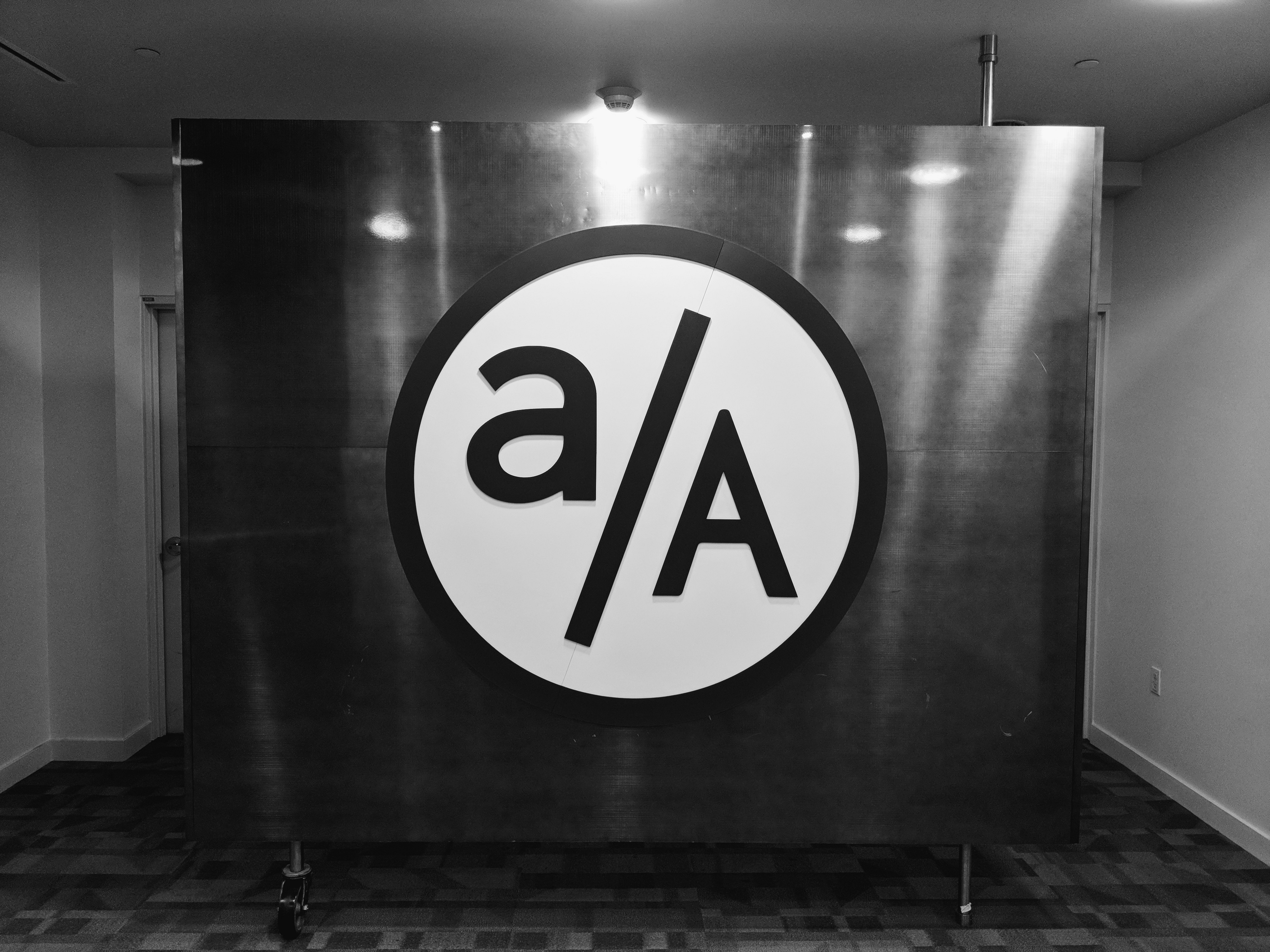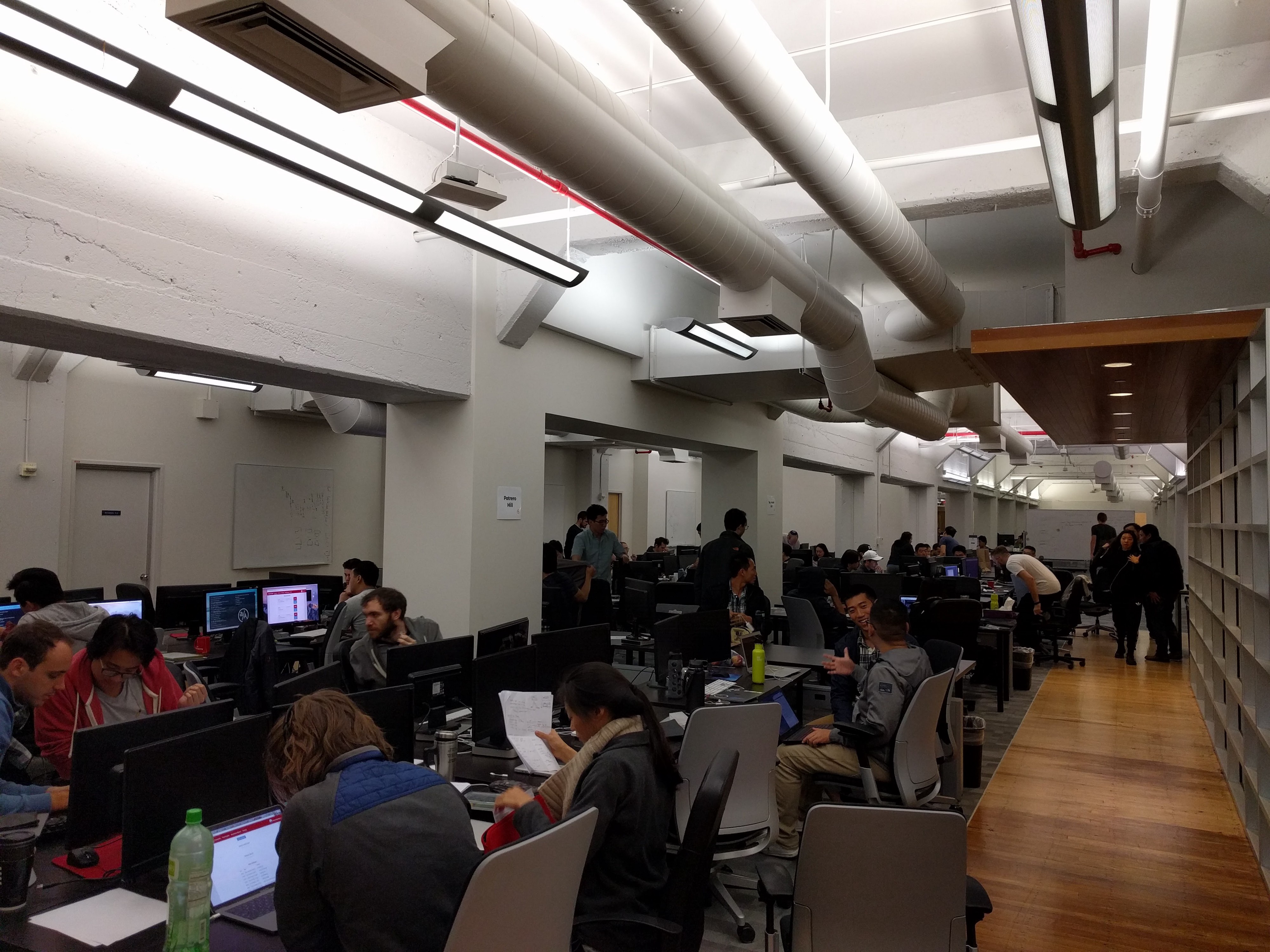
Myth #1: Companies won?t hire bootcamp grads.
Truth: Companies won?t hire people who can?t code.
Times are changing. Gone are the days where companies won?t look at your application without a CS degree. Big tech companies like Google, Apple, and IBM are hiring developers with music and education degrees. They don?t care about your GPA or your class standing. At the end of the day, companies want people who can build stuff. They also want to see evidence that you love what you do. Pad your resume with hackathons, coding competitions, and projects. If you don?t attend these events or build side projects, now is the time to start getting involved. Sign up for coding events and competitions, go to code Meetups, start building that chatbot you had an idea for. Dive in to your craft and become a student for life. Take online courses and brush up on your data structure knowledge. Embrace the fact that you will never know it all, and you will never run out of opportunities to grow.
Myth #2: Bootcamp curriculum is inferior to a university program.
Truth: Bootcamp curriculum is more relevant than many universities, but limited time means limited depth.
I attended NDSU in Fargo, ND before moving to San Francisco to attend App Academy. In school I learned CS fundamentals. I learned how to code in Java and C# and built a few simple applications during my coursework. I learned about algorithms and data structures in depth over semester long courses. As I began to focus on the job market, I saw a discrepancy between what we learned in school and the tech stacks of major companies. Our program was outdated. I knew the theory behind many CS concepts but lacked the confidence to actually implement them. I wanted to move to silicon valley. I wanted to work at the bleeding edge of tech, where it was all happening. But I had little web development experience and lacked many of the skills required by these companies. I found App Academy online and decided to apply. The promise of a job in San Francisco after only 12 weeks of instruction seemed too good to be true. I was accepted and moved to SF. Over the next 3 months of intense instruction, I rapidly gained relevant skills. Before I knew it, I could build full-fledged web applications and work with multiple tech stacks. I also developed a more pragmatic understanding of data structures, SQL queries, and sorting algorithms. The one downside to this pace is that we often couldn?t spend much time on any particular subject. Topics that we would study for a week in school were given a few hours in bootcamp. For someone who had already been through a CS program, this wasn?t a huge issue. Much of the content was review of topics I learned in school. For someone without a tech background, I can see how they may struggle to grasp the topics at depth. Once the program finishes, it becomes your responsibility to stay curious and circle back to the topics you may have skimmed or missed. The fact is you can only cram so much into a 12-week period. With limited time, the responsibility falls on you to circle back and gain some depth.

Myth #3: Bootcamps are a passing fad.
Truth: Many bootcamps are going to close, but a few are here to stay.
In 2017, we saw Iron Yard and Dev Bootcamp, two large names in the industry, both close their doors. Bootcamps are accused of lying about their hiring stats and salary numbers. We?ve heard horror stories from frustrated graduates who end up without a job and in debt. Bootcamp skeptics are claiming the bubble has popped, and now the remaining bootcamps will wither and die. I see it as a transitionary period in the industry. More laws and regulations are filtering out sketchy organizations. Students are more cautious of bootcamps. Those with a bad reputation are getting weeded out. Angry students don?t make good evangelists and camps that can?t produce are unprofitable. Overall, I see closures as a positive sign. People are starting to figure out what works and what doesn?t. From personal experience, I find the bootcamp model to be a more efficient and effective way to learn. You are immersed in the content and surrounded by students involved in the same process. You are pushed to learn with the purpose to create rather than learn to score high on a midterm.
Myth #4: Bootcamps teach you things you could never learn on your own
Truth: Bootcamps give you the structure and punishment/reward system you need to learn quickly
Everything you learn at a bootcamp you could learn online for free. I knew that going in and I still think it?s true. Would I study for 16+ hours a day at home by myself? Probably not. App Academy in particular uses a series of assessments to ensure their students don?t fall behind. There are 6 assessments during the course. If you fail twice, you go home. This fear of failure kept me focused on the material. I never experienced this kind of pressure during college. Imagine if you got kicked out of your university for failing a test? You also get live lectures and teammates to work with. You can ask questions to a team of TAs and instructors when you get stuck on a subject. To some, this may sound like a small benefit for a large amount of money. For me, it was hugely important in acquiring the skills I needed.

Myth #5: Bootcamps will set you up with a job.
Fact: They?ll give you good advice, but you?re on your own.
The job curriculum consisted of a week of lectures. Topics included salary negotiation, interviewing, resume writing, behavioral questions, and more. Once the job search stage began, we had to meet a weekly quota of sent applications. We also had to check in daily until we sent out 150 applications in total. Failure to check in or hit our weekly quota would result in strikes. Five strikes and we could be converted to a flat rate fee and forced to pay up front. Beyond job search advice and the threat of punishment, the resources of bootcamps are limited. They have hundreds of job-seeking grads to assist and their staff is spread thin. It?s up to you to network, meet people, make friends, and get referrals to companies. Nobody is going to hand you an offer on graduation day. During this period, It?s important to stay self-motivated and focused on the job hunt. Every day you should be submitting applications, practicing whiteboarding, and updating your projects. Getting rejected so often can be tough, so go easy on yourself. Be patient, trust the process, and keep dreaming of the day when that offer letter shows up in your inbox.


